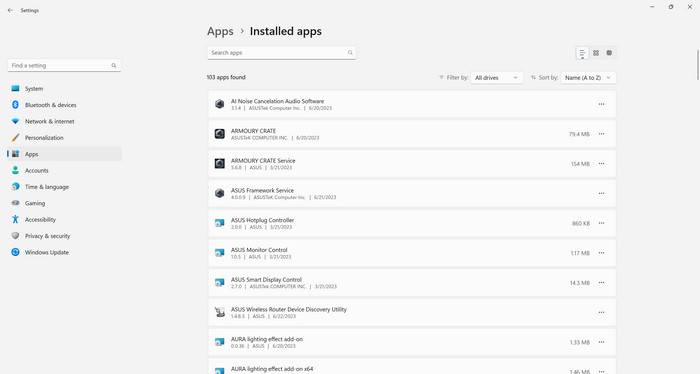µTorrent, developed by BitTorrent, is a popular software application that allows users to download and share files using the BitTorrent protocol. With its lightweight design and efficient performance, µTorrent has gained a significant user base over the years. However, there have been concerns raised about the software’s impact on system performance, security vulnerabilities, and potential for illegal file sharing. In this article, we will explore what µTorrent is, its features, and whether or not you should consider uninstalling it.

What is µTorrent?
µTorrent is a peer-to-peer (P2P) file-sharing application that utilizes the BitTorrent protocol. It allows users to download and upload files in a decentralized manner, meaning that files are not hosted on a central server but are instead distributed across multiple users’ computers. This distributed nature of file sharing makes it faster and more efficient compared to traditional downloading methods.
One of the key advantages of µTorrent is its small file size and low system resource usage. It is designed to have a minimal impact on system performance, allowing users to continue using their devices without significant slowdowns. Additionally, µTorrent offers a range of features such as bandwidth prioritization, scheduling, and remote management, making it a versatile and user-friendly application.
Should I Uninstall µTorrent?
While µTorrent has its benefits, there are several factors to consider when deciding whether or not to uninstall it:
1. System Performance:
Some users have reported that µTorrent can consume a significant amount of system resources, particularly when downloading or uploading large files. This can lead to slower overall system performance, especially on older or less powerful devices. If you notice a considerable slowdown in your system while using µTorrent, it may be worth considering alternative file-sharing applications or limiting µTorrent’s resource usage through its settings.
2. Security Concerns:
There have been instances where µTorrent has been bundled with potentially unwanted programs (PUPs) or even malware. These additional software packages can compromise your system’s security and privacy. It is crucial to download µTorrent from the official website and exercise caution when installing any additional software that may come bundled with it. Regularly scanning your system for malware using reputable antivirus software, such as Malwarebytes Free, is also recommended.
3. Legal Considerations:
While µTorrent itself is a legal application, it is often associated with illegal file sharing due to its decentralized nature. Users can download and share copyrighted material without permission, which is a violation of intellectual property laws in many countries. It is essential to use µTorrent responsibly and only download or share files that you have the legal right to access.
4. Alternatives:
If you decide to uninstall µTorrent, there are several alternative file-sharing applications available. Some popular options include qBittorrent, Deluge, and Transmission. These applications offer similar functionality to µTorrent while providing different user interfaces and features. It is worth exploring these alternatives to find the one that best suits your needs.
Conclusion
µTorrent by BitTorrent is a widely used file-sharing application that offers fast and efficient downloads through the BitTorrent protocol. However, it is essential to consider the potential impact on system performance, security vulnerabilities, and legal considerations associated with the software. If you experience significant system slowdowns, have concerns about security, or want to avoid any legal risks, it may be worth uninstalling µTorrent.
Remember to download µTorrent from the official website and exercise caution when installing any additional software that may come bundled with it. Regularly scanning your system for malware using reputable antivirus software, such as Malwarebytes Free, is also recommended to ensure your system’s security.
If you decide to uninstall µTorrent, there are several alternative file-sharing applications available that offer similar functionality. Explore these alternatives to find the one that best suits your needs and preferences.
Ultimately, the decision to uninstall µTorrent depends on your specific requirements and concerns. Consider the factors mentioned in this article and make an informed decision that aligns with your needs and priorities.




![Remove Dbs-defender.pro Pop-up Ads [Virus Removal Guide] 9 McAfee scam 4](https://malwaretips.com/blogs/wp-content/uploads/2023/08/McAfee-scam-4-290x290.jpg)